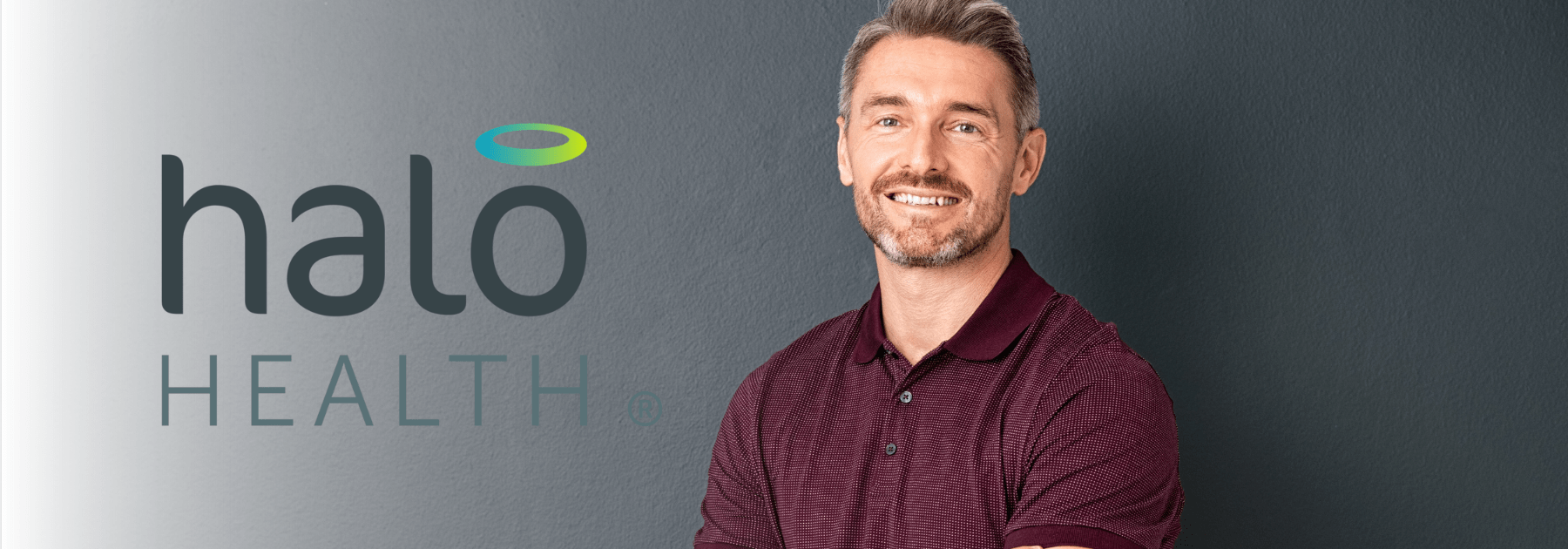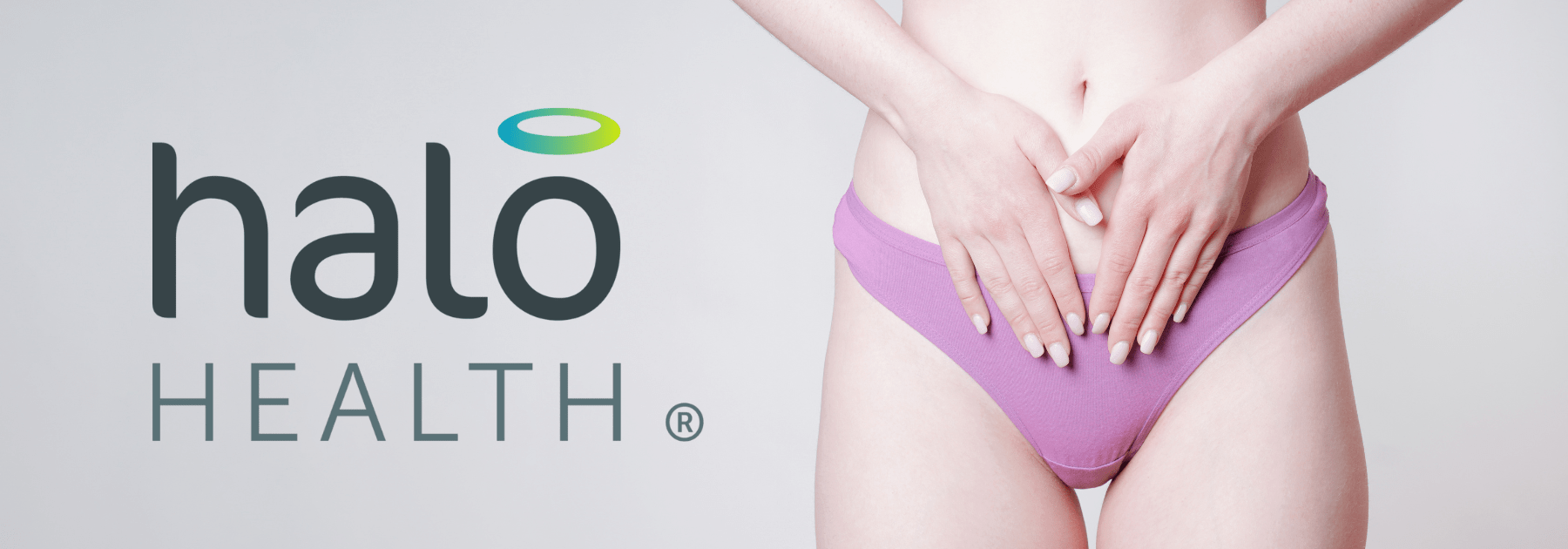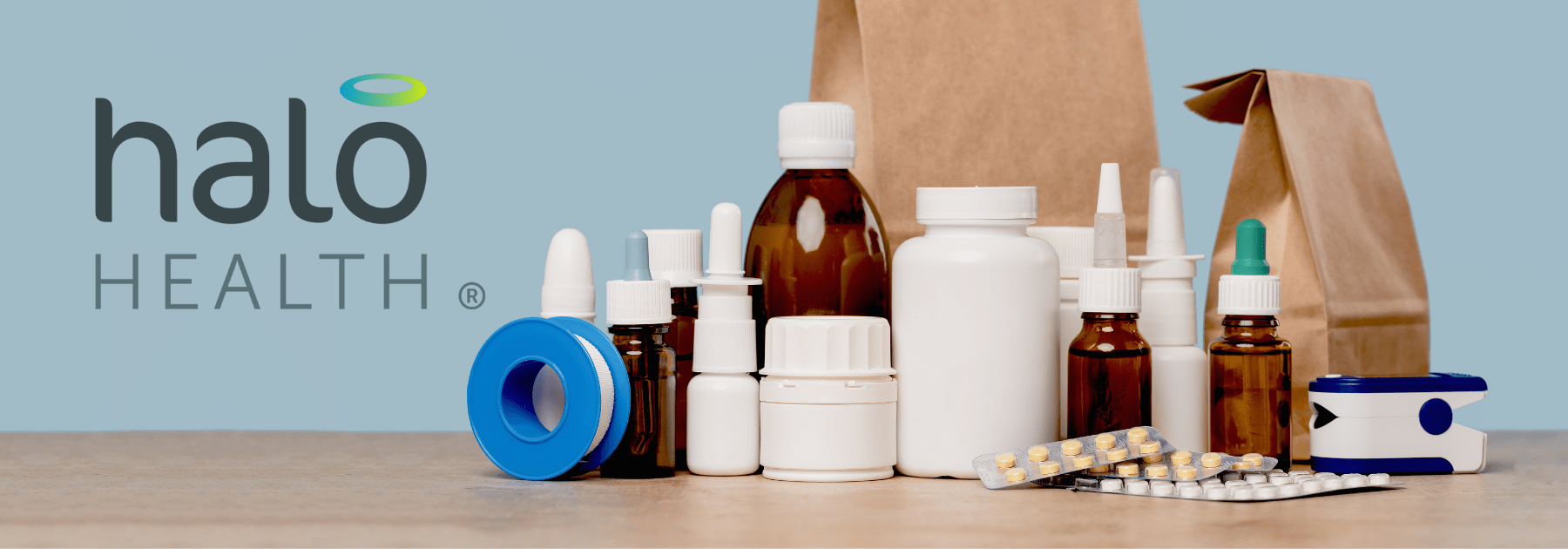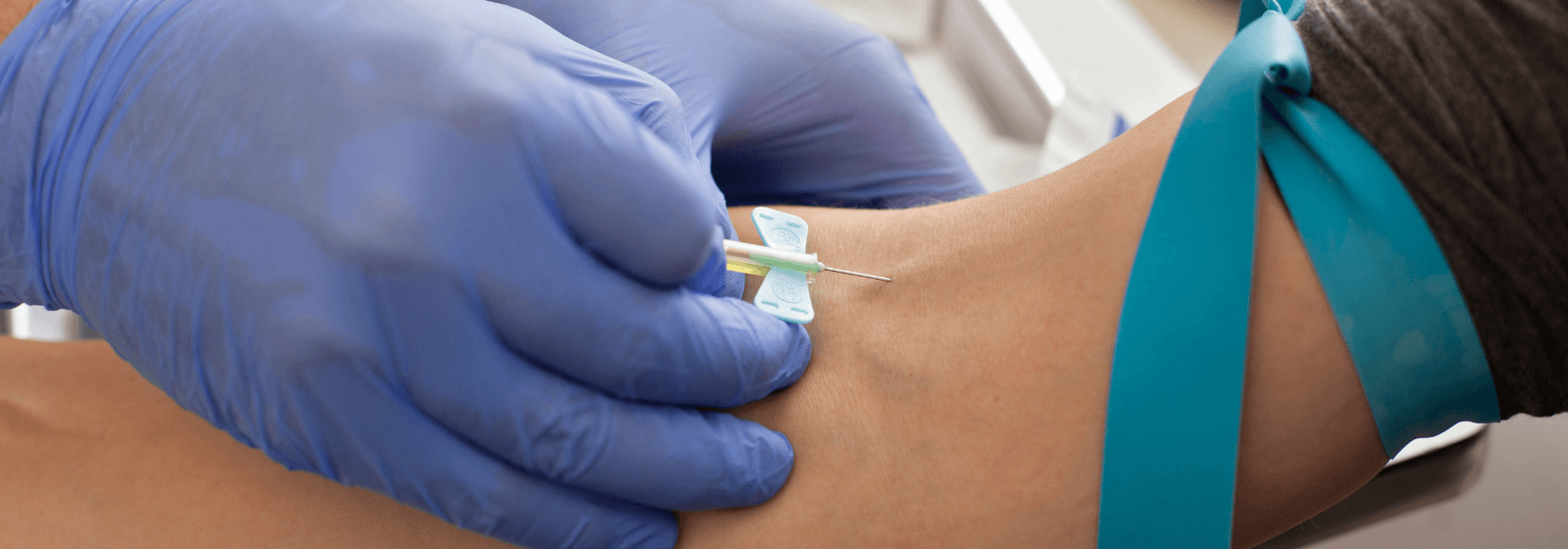Get Erectile Dysfunction Treatment in Birmingham
Are you looking to get erectile dysfunction treatment in Birmingham? At Halo Health we believe that it’s crucial to address health issues that often go unspoken. One such concern that affects many men but is rarely discussed openly is erectile dysfunction (ED). Halo Health understands the significance of providing accessible solutions, and in this blog, we’ll explore the intricacies of erectile dysfunction and how seeking treatment online through Halo Health can be a discreet and effective option for those in Birmingham.
Order Now
Understanding Erectile Dysfunction
Erectile dysfunction is a condition characterised by the persistent inability to achieve or maintain an erection sufficient for satisfactory sexual performance. While occasional difficulties in achieving or maintaining an erection are common and usually not cause for concern, persistent issues may indicate an underlying health problem.

Common Causes of Erectile Dysfunction
Physical Factors:
Cardiovascular issues: Conditions such as atherosclerosis can restrict blood flow, affecting the ability to achieve an erection.
Diabetes: Uncontrolled diabetes can damage blood vessels and nerves, contributing to erectile dysfunction.
Neurological disorders: Conditions like multiple sclerosis and Parkinson’s disease can impact nerve function.
Hormonal imbalances: Low testosterone levels can play a role in erectile dysfunction.
Psychological Factors
Stress and anxiety: High-stress levels and anxiety can interfere with the body’s ability to respond sexually.
Depression: This common mental health condition can contribute to a loss of interest in sexual activity.
Relationship issues: Troubles within a relationship can manifest as erectile dysfunction.
Lifestyle Factors
Smoking: Tobacco use can damage blood vessels and hinder blood flow to the penis.
Excessive alcohol consumption: Chronic alcohol abuse can lead to erectile dysfunction.
Sedentary lifestyle: Lack of regular physical activity can contribute to overall health issues, including ED.
Obesity: Being overweight can impact hormonal balance and contribute to cardiovascular problems.

Erectile Dysfunction Treatment in Birmingham
Recognising the need for accessible and discreet solutions, Halo Health offers an online platform that allows individuals in Birmingham to order erectile dysfunction treatments from the comfort and privacy of their homes. Here are some key aspects of the treatment options available:
Convenient Online Ordering: Halo Health provides a user-friendly online platform that allows individuals to browse and order erectile dysfunction treatments discreetly.
Range of Treatment Options: Through Halo Health’s online platform, individuals can access a variety of prescription only medications for erectile dysfunction. These medications are known to be effective in enhancing blood flow to the penis, facilitating the achievement and maintenance of an erection.
Professional Guidance: While the platform offers the convenience of online ordering, individuals can also benefit from professional guidance. Halo Health’s team of healthcare professionals is available for online consultations to ensure that individuals receive personalised advice based on their health history and needs.
Discreet Packaging and Delivery: Understanding the sensitive nature of erectile dysfunction, Halo Health ensures that all orders are packaged discreetly, and delivery is handled with the utmost confidentiality.
Educational Resources: Halo Health’s online platform also provides valuable educational resources, offering insights into the causes of erectile dysfunction, lifestyle modifications, and tips for maintaining overall sexual health.

Encouraging a Proactive Approach
Erectile dysfunction can be a challenging condition to navigate, but it’s essential to recognise that effective treatments are available. By choosing Halo Health’s online platform in Birmingham, individuals can take a proactive approach to address this issue discreetly and conveniently. Seeking treatment not only enhances sexual well-being but can also have a positive impact on overall confidence and quality of life.
Order Treatment Online
In Birmingham, where a commitment to health and well-being is evident, addressing issues like erectile dysfunction becomes a collective effort. Halo Health stands as a reliable partner in this journey, offering accessible, discreet, and effective online solutions for individuals seeking erectile dysfunction treatment. By breaking the silence surrounding ED and embracing the available resources, individuals can reclaim their confidence and rediscover the joy of a fulfilling and satisfying intimate life.
Contact us today to find out more.
This blog was written on behalf of Halo Health by Pharmacy Mentor.























